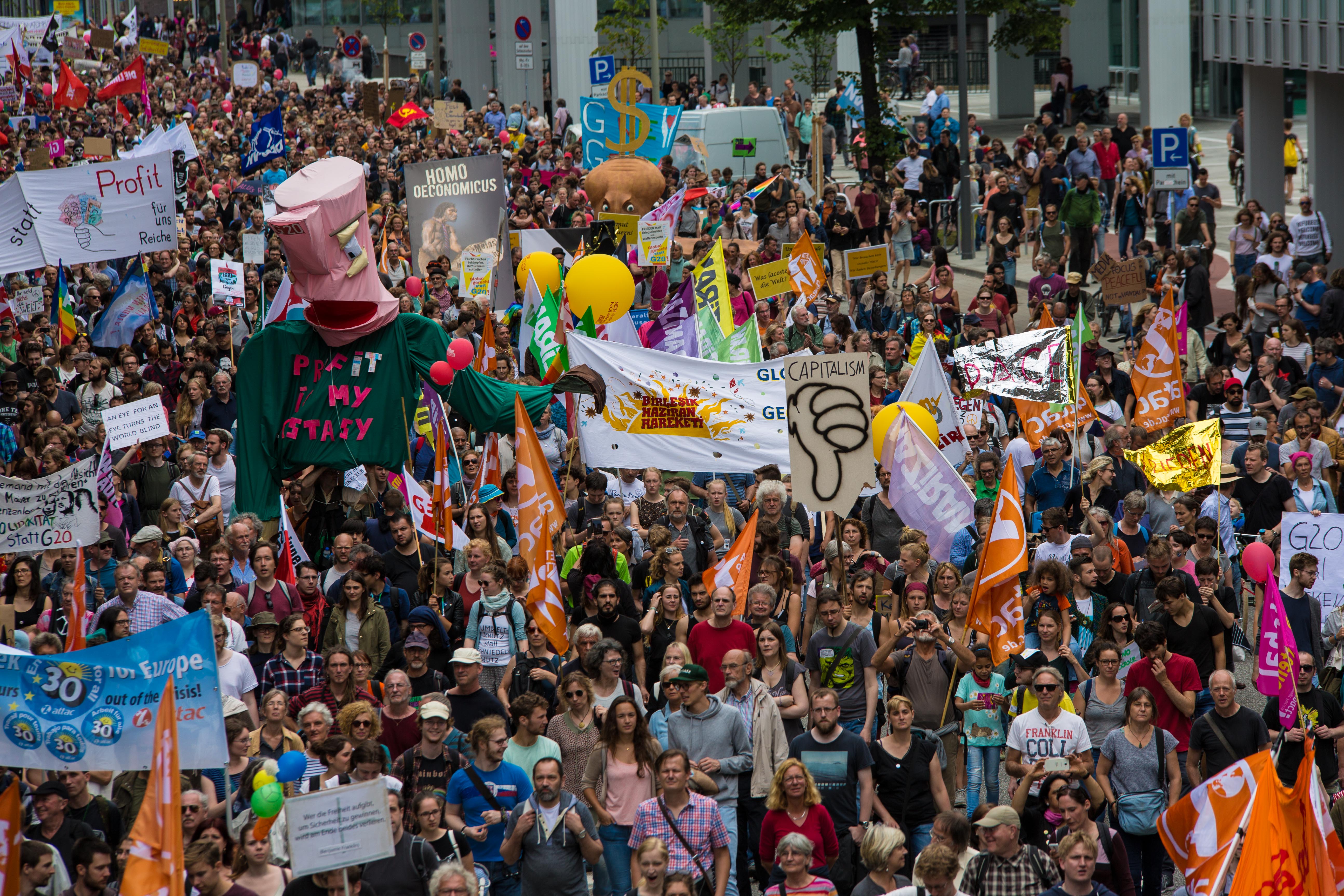While agreeing with many points of van den Bergh's excellent review of the growth versus climate debate, I would like to point to a fundamental misrepresentation of the quoted research on degrowth: degrowth is not a strategy "aimed at reducing the size of the GDP".
In fact, the degrowth proposition is that the relationship between fossil fuels/carbon emissions and GDP growth is mutual, and that a serious climate policy will slow down the economy, and a slower economy will emit less carbon - notwithstanding historical exceptions such as collapsing regimes burning their fossil fuels. Viable scenarios for successfully limiting climate change at a 2 0C rise involve both a slowing of the economy and a reduction of its carbon content. The question then is how to slow down while securing wellbeing?
The theoretical possibility of absolutely decoupling carbon emissions from GDP cannot be logically refuted, but it is unlikely to be physically or empirically possible. But let's agree to disagree. Both agnosticism and conviction about limits to growth are reasonable positions. My point here is to clarify the misunderstanding of what degrowth is.
Right or wrong, the diagnosis of Limits to Growth, and the degrowth camp today is that by the end of the century there are two possibilities. Either a collapse of output and welfare after crossing resource or carbon limits or a smaller economy with higher welfare. In the mid-term a decrease of welfare is also possible as climate disasters strike while GDP growth is still sustained by use of fossil fuels and reconstruction or defense expenditures.
The possibility space for a 'degrowth', or 'prosperous way down' or, in other words, a smaller and different economy with higher welfare needs to be distinguished from recession or depression. On this basis the policy and research question posed by degrowth scholars is not: "Which negative growth rate will get us there?, but "How do we land there by design and not by collapse? How do we create an economy that is low-carbon, low-output and secures well-being for all? This is the question that motivates interdisciplinary work on degrowth.
Ecological economists study macro-economic models and the social and policy conditions under which contraction can be stable and welfare-enhancing. Anthropologists, historians and social scientists examine how pre-capitalist civilizations prospered without growth, or how and why indigenous or intentional communities today manage without it. Engineers and legal theorists ask what technological and intellectual property models can sustain innovation without growth. Political theorists rethink democracy for a post-growth era. Focusing on "degrowth in a narrow sense of GDP decline" - which is not what those who write about degrowth understand by degrowth - van den Bergh misses this exciting research agenda.

Was tun, wenn sich die Staats- und Regierungschefs der 20 reichsten Länder der Welt in einer europäischen Großstadt einfinden, um ihre ungerechte Politik in Szene zu setzen? Dieser Frage haben sich zahlreiche linke Organisationen seit letztem Jahr gewidmet. Herausgekommen ist eine bunte Mischung an Protestformen, verteilt über eine Woche. Leider geht die Debatte um den G20-Gipfel aktuell weder ...
It is great to see an attempt to put degrowth ideas into a straightforward form that can be taken into political debate. However, the selection of points is critical and I am not convinced that this is the right selection. I'll just take issue with two: 1. Zero bank-debts “No bank should lend more than its deposits. Banks cannot be allowed to create money out of thin air, while all the re...
Dieser Artikel ist im Rahmen der Theoriewerkstatt zu Wachstumszwängen entstanden. Wir wollen im ersten Teil dieses Artikels beleuchten, warum die klassischen Wirtschaftswissenschaften Wirtschaftswachstum für notwendig halten, um die Konsumwünsche einer Bevölkerung zu befriedigen, sowie die Fragwürdigkeit dieser Annahme offen legen. Um es nicht bei der Kritik zu belassen, stellen wir im zweiten Teil mögliche [...]